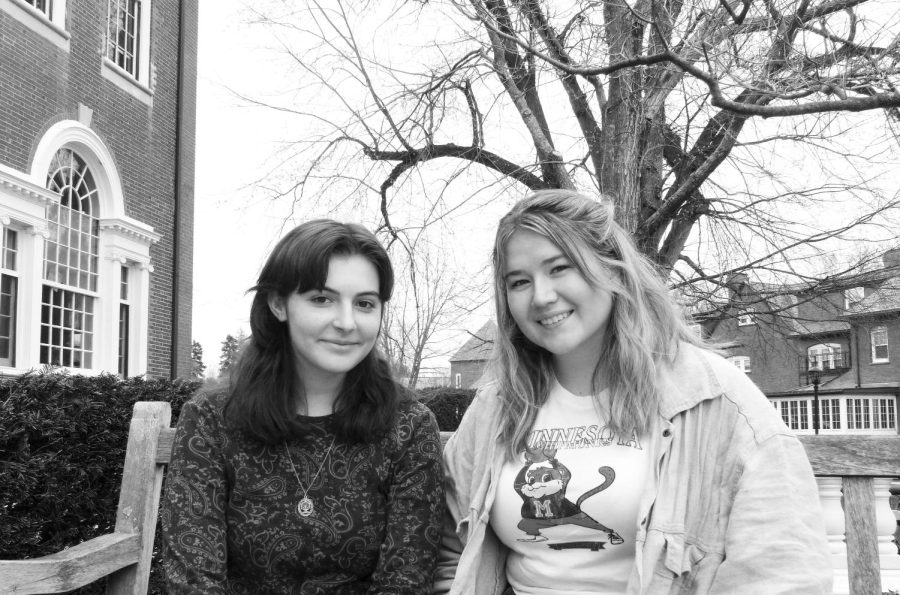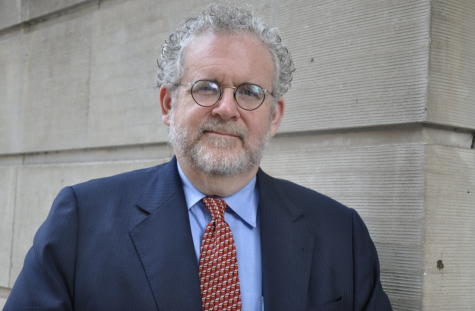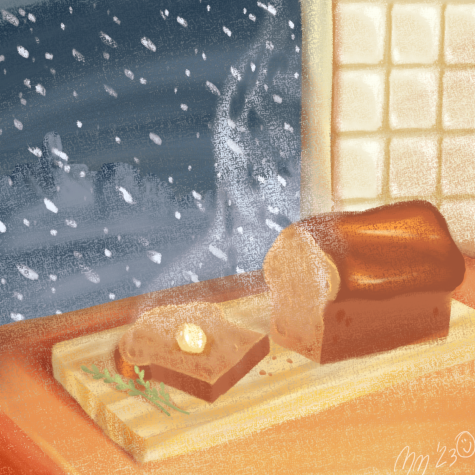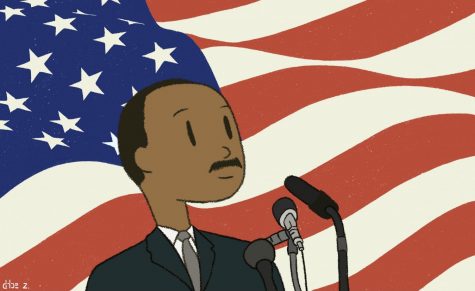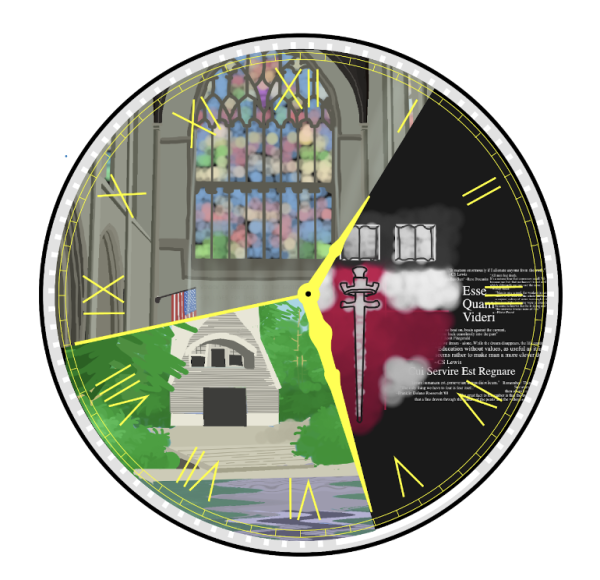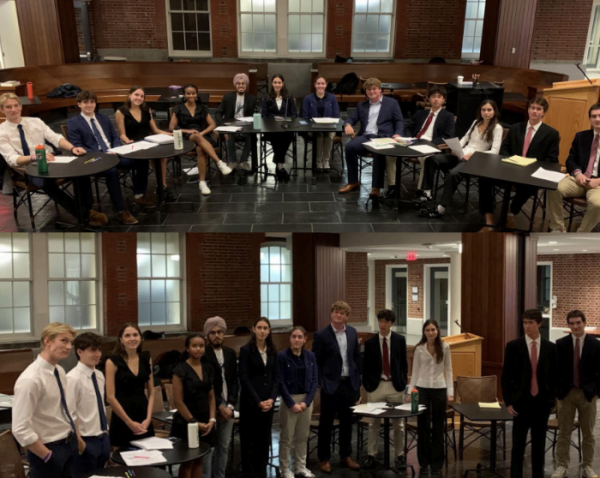How Has the Russo-Ukrainian War Touched Our Community?
When Russia began its assault on Ukraine on February 24th, Juliya Makhanov ’22 was up late completing her homework like most students. But when those explosions reverberated throughout Ukrainian cities, she watched from afar as places she recognized were obliterated to no more than bricks on the ground. “I remember thinking, ‘Wow, I am so lucky to be here.’ That could’ve been me. It could’ve been my uncles, who I am so close to, fighting in that war right now,” Juliya shared. Juliya’s close cultural ties to Ukraine stem from her mother, who was born in Kharkov, a city now in ruins with shrapnel strewn all over the streets.
The Russo-Ukrainian War has been emotionally taxing on Ukrainian students, who fear for their family members, their country, and their culture. Alisa Gulyansky ’24 views the conflict as “not just a war, but mental warfare in terms of one’s own culture and identity.” Russia has been targeting Ukrainian landmarks to erase its history and sense of individuality, tearing through the cultural bonds that bind together the people of Ukraine. For Alisa, whose parents are both Ukrainian, the situation is stressful at home: “My parents have been pretty tense at times because Ukrainian identity is something that has persisted despite Russian influence and dominance, but the fact that the entire culture, the culture that I grew up with, might be subjugated, is a very scary prospect.”
This conflict strikes old chords for many older generations of Ukranians. The regime of “Russification” during the Soviet Union left a lasting impact on Ukraine’s national narrative and people. To Juliya, the most heartbreaking thing about the war is having her grandparents watch it after living through the Soviet Union, during which her mother’s side of the family endured heavy religious persecution. Juliya’s great grandfather was a prominent religious activist who would hold group gatherings, such as Bible studies, because Soviet soldiers would monitor churches. “Even though my grandma is not there, she feels like she’s there,” Juliya said.
At Groton, students with family members in the region anxiously await updates on them amid the invasion, while millions of Ukranians are uprooted from their homeland or struggle to find safety. All of Alisa’s family members in Ukraine were recently forced to flee to Israel, whereas Juliya’s great-grandfather and cousin are still in Ukraine. Before the conflict began, Juliya’s cousin’s late wife was in the ICU combatting multiple illnesses. Juliya described her as “a miracle” who “beat so many odds, but died directly because of the conflict.”
This news was incredibly hard on her family. Due to the war, power supplies were cut off, generators could not produce enough energy, and Juliya’s cousin could not get his wife’s medications to her because of how difficult it was for him to leave his house since men are primary targets. Juliya’s cousin had to “live in his apartment with no heat, power, or water for multiple days in the dead of winter in Ukraine.”
Such dire circumstances have stripped away any normalcy from the lives of Ukrainians. However, even in the face of turmoil, determination has remained fierce among the population. When asked about how she would describe the people of Ukraine, Alisa used the word “resilient.” Even as the underdog, Ukraine has been able to demonstrate powerful unity and thwart Russian military advances, such as causing the withdrawal of Russian troops from northern Ukraine after their failure to capture the capital. “Ukraine will always be to some extent Ukrainian, even if it is overtaken by Russia. It represents a separate people who will do anything to preserve their culture,” Alisa added.
The Russo-Ukrainian War has instilled a sense of appreciation in Juliya and Alisa for their surroundings. Juliya noted how she is “so painfully aware of [her] own privilege, of being in this country and being in a school like Groton while horrific things are happening in Ukraine.” Alisa and Juliya are living, breathing chroniclers of events that touch all of us at Groton and beyond. As we listen and learn, we become part of their narratives and the history that is unfolding across the Atlantic.


